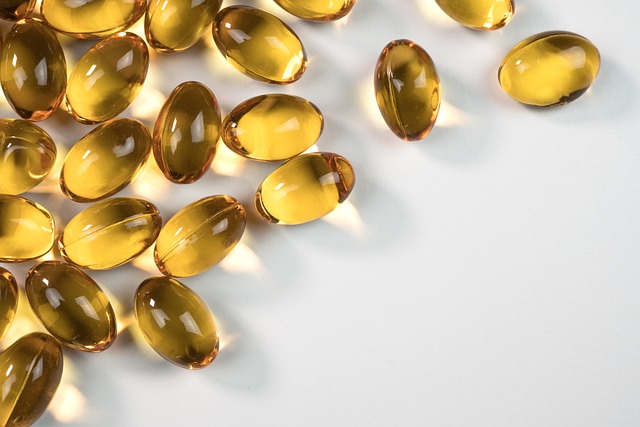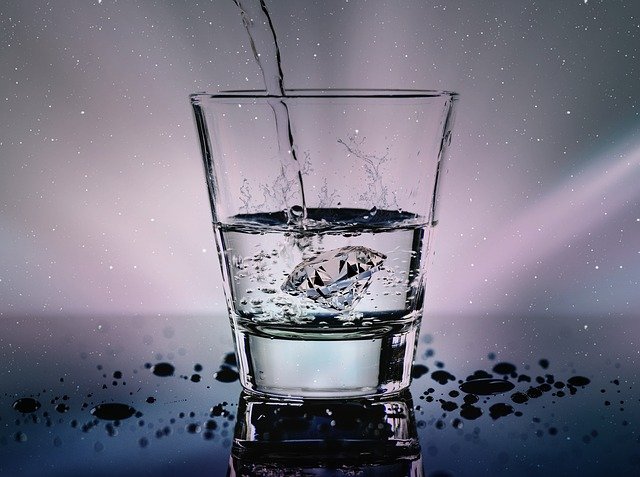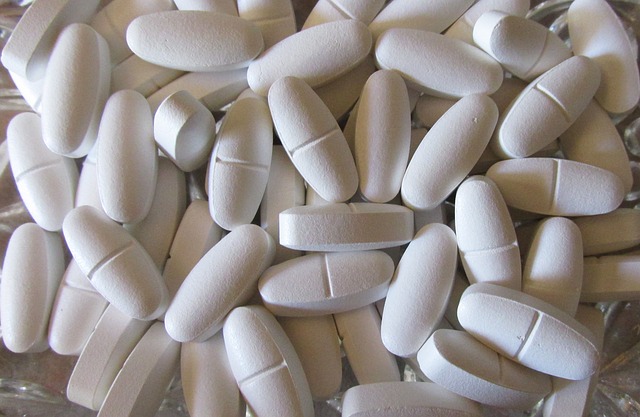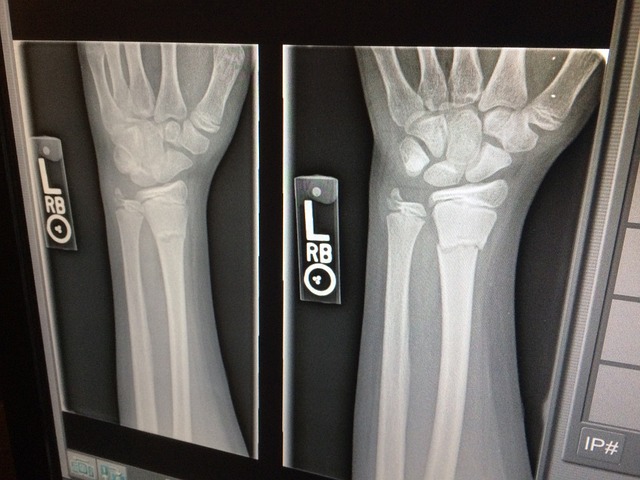Although muscle loss reduces the calorie intake required to maintain your current weight, this can be offset by increasing your activity level.
Daily nutritional needs for everything from calories to vitamins and minerals fluctuate as humans age. People frequently require fewer calories as they age. Several factors influence nutritional demands, including metabolic changes, hunger fluctuations, and general body composition.
Most people start losing muscle mass around the age of 30. Those with more significant muscle will burn more calories (even when at rest) than those with less muscle. The basal metabolic rate decreases when muscle mass decreases.
Why Is Nutrition Important as You Get Older?
Your dietary reference intakes (DRIs) for macronutrients and micronutrients fluctuate as you age. To maximize the health benefits of these nutrients, it’s critical to understand how your demands fluctuate over time. Changing your calorie intake, for example, can help you avoid gaining weight. Ensuring appropriate fluids, vitamins, and minerals is a technique for maintaining vitality.

How Does Aging Affect Your Nutritional Needs?
Traditionally, older persons’ appetites decline when their activity level and basal metabolic rate decrease. This transformation can provide nutritional issues because your body needs the same vitamins and minerals as younger people, and some nutrients, such as protein and vitamin D, are recommended to be consumed in greater quantities. It can be difficult to fit all of that nourishment into a lesser amount of food.
You require more nutrients while consuming fewer calories
Calorie needs are linked to metabolism, which is your body’s capacity to break down foods and transform them into energy or fat. Your metabolism is relatively high while you are a teenager or in your twenties. Around the age of 30, you begin to lose a little muscle and gain a little fat.
As you get older, your muscle mass decreases, and your metabolism naturally slows down. As a result, you may gradually gain a pound or two per year. This may not seem like much at first, but it can add up over time.
Maintaining a constant body weight (whatever that weight is) has been related to improved cognitive performance in older persons.
In the meanwhile, you require additional protein, fiber, vitamin D, and calcium.
You Should Keep Track of Your Fiber Consumption
Adults over the age of 50 require slightly less fiber than younger adults. Women require 21 grams per day, while men require 30 grams per day. However, studies suggest that just 5% of individuals consume enough fiber, so be mindful of reaching these requirements on a daily basis.
The benefits of enough fiber intake include lower cholesterol levels, improved gut health, lower risk of diabetes and obesity, and lower risk of several malignancies.
You are more prone to dehydration
The balance between sodium and water in your body alters as you age, making older people more prone to dehydration. It is suggested that people should drink 2.7 to 3.7 liters of water every day if they are over 50.

In older adults the risk of dehydration increases because total body water content declines. Therefore the kidneys’ ability to concentrate water changes, and the perception of thirst may be lessened, leading to insufficient water consumption.
Furthermore, some people take drugs that might reduce the amount of fluid in their bodies or modify their thirst sense, making them more prone to dehydration.
You may require more protein
According to research, as humans age, they become less responsive to the amino acids delivered by protein. Increasing protein intake can assist in guaranteeing that those amino acids are absorbed in sufficient quantities. Muscle health is governed by essential amino acids. As a result, eating extra protein immediately benefits muscular health, which can help to prevent loss of mobility and strength.
You might notice a drop in appetite
There are various variables that cause older persons to lose their appetite. Because gastric emptying slows with aging, you feel fuller for longer. Hormonal factors influencing hunger are also regulated by changes in hormone levels. Psychosocial variables influence hunger as well. Retirement itself is a factor as food habits and routines change.
You Need More Calcium and vitamin D
Both calcium and vitamin D are necessary for bone health. Adults should consume 1,000 milligrams of calcium and 15 milligrams of vitamin D per day (20 mg if over the age of 70). Vitamin D is required for calcium absorption. Getting enough vitamin D and calcium is essential for avoiding osteoporosis.

Be mindful of how you take vitamin D and Calcium supplements. Calcium absorbs best in lower doses of 500 mg or less at a time. Lower-dose calcium supplements should be taken numerous times each day, according to some doctors.
You are less capable of absorbing vitamin B12
According to research, elderly persons are more vulnerable to vitamin B12 insufficiency. This deficiency has been linked to multiple medical conditions, including atrophic gastritis, autoimmune disorders, and even depression.
The central nervous system requires vitamin B12. You may develop dizziness, weariness, forgetfulness, and tingling if you do not get enough B12. You can also get anemia. Because your liver can retain vitamin B12 for several years, the development of symptoms might be delayed for a long time if you begin taking insufficient amounts of vitamin B12.
Other Nutrients That Can Help With Aging
Omega 3 fatty acids, such as those found in polyunsaturated fats, have been proven in studies to help with inflammation, hypertension, and other aspects of heart health. It has even been connected to a longer lifespan.
Iron deficiency is a major cause of impairment in the elderly. Not only may there be a shortage of iron induced-anemia, but it can also cause cognitive difficulties, increasing Alzheimer’s disease, an increase in infection risk, and osteoporosis. Consume iron-rich meals and consult with your doctor to determine whether supplementation is necessary.
Magnesium and potassium: Both of these critical minerals are important elements for bone health. However, many people are lacking in both. Both minerals are vital for heart health in addition to bone health.

Nutritional Needs of Older Adults on a Daily Basis
The list below has how many calories and other nutrients your body needs to stay healthy. Here are the guidelines for men and women over the 50s per the National Institutes of Health (NIH).
Nutritional Requirements for Women Over 50
Daily Nutrient Recommendation (RDA)
1,600-2,200 calories per day(Depending on exercise level)
- Fiber 21g
- Protein 46g
- Calcium 1,200mg
- Vitamin D 15-20g
- Iron 8mg
- Potassium 2,600mg
- Magnesium 320 mg
Nutritional Requirements for Men Over 50
Daily Nutrient Recommendation (RDA)
2,000-2,800 calories per day(depending on activity level)
- Fiber 30g
- Protein 56g
- Calcium 1,000-1,200mg
- Vitamin D 15-20 mg,
- Vitamin B12 2.4 mg,
- Iron 8mg
- Potassium 3,400mg
- Magnesium 420mg
Tips for Staying Healthy as You Get Older
There are numerous methods for keeping a healthy weight as you age. Being as active as feasible and paying attention to nutrient density in food (while being cautious of non-nutritional calories such as alcohol consumption) are two ways older persons can maintain a healthy weight.
How to shed extra pounds in Your 50s and 60s the Right Way
- Continue to be Active (or Get Active)
- In general, individuals should aim for 30 minutes of exercise each day and 10,000 steps per day.
- Weight lifting and other resistance workouts can build muscle mass, which can boost your metabolism and the number of calories you burn.
- Aerobic exercises, such as jogging or walking, burn calories as you move. They are also beneficial to your cardiovascular health.

Calculate Your Daily Calorie Requirements
Each person’s calorie needs change depending on their height, current weight, age, exercise level, and gender. Use an automatic calorie calculator tool to determine the best caloric intake for you based on all of these parameters, as well as your weight gain, maintenance, or loss objectives. Your doctor can assist you with these parameters.
Take Care of What You Eat
Aim for an eating plan that includes a range of fruits, vegetables, lean meats, fish, healthy fats, and fiber-rich meals to stay healthy and avoid disease. Fish and seafood, for example, are low in calories and high in omega-3 fatty acids. Consume plenty of high-fiber foods (non-starchy veggies, whole fruits, legumes, and 100% whole-grain goods).
Monitor Your Alcohol Consumption
Alcohol has no nutritional value but contains much more calories than any carbohydrates or protein. Furthermore, it is frequently blended with sweetened mixers, which adds even more calories.
To Conclude
Although growing older has numerous consequences for how to consume an ideal diet, eating can still be enjoyable. Finding tasty methods to consume the macronutrients and micronutrients you require can help prevent chronic disease and keep you feeling your best. If you are unsure about the appropriate eating plan for you, consult with a healthcare professional for personalized advice and ideas.
